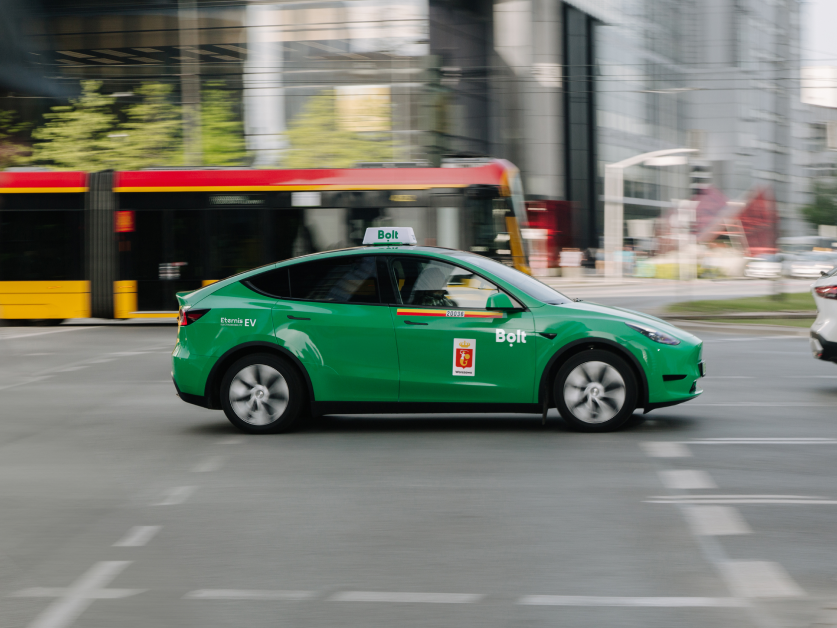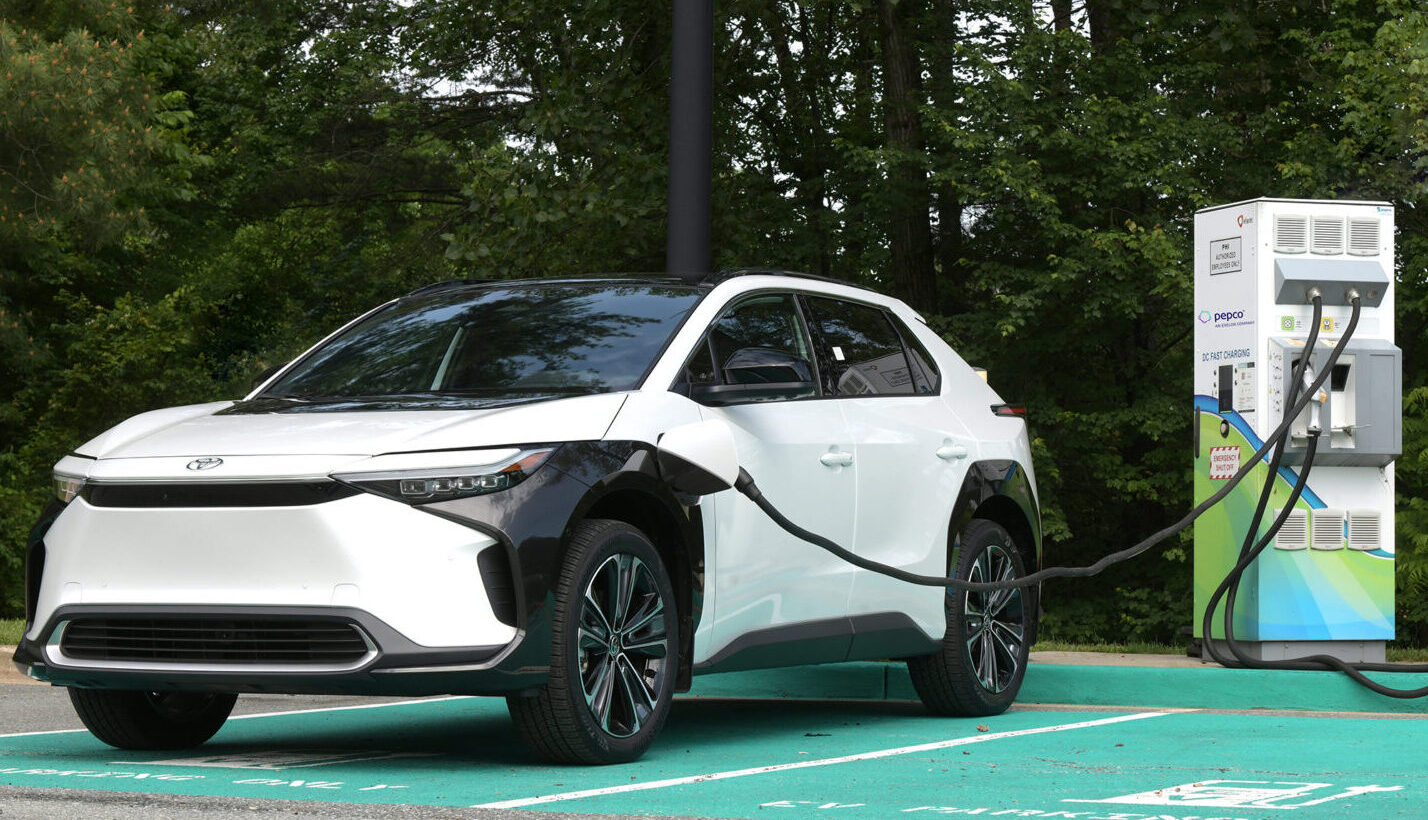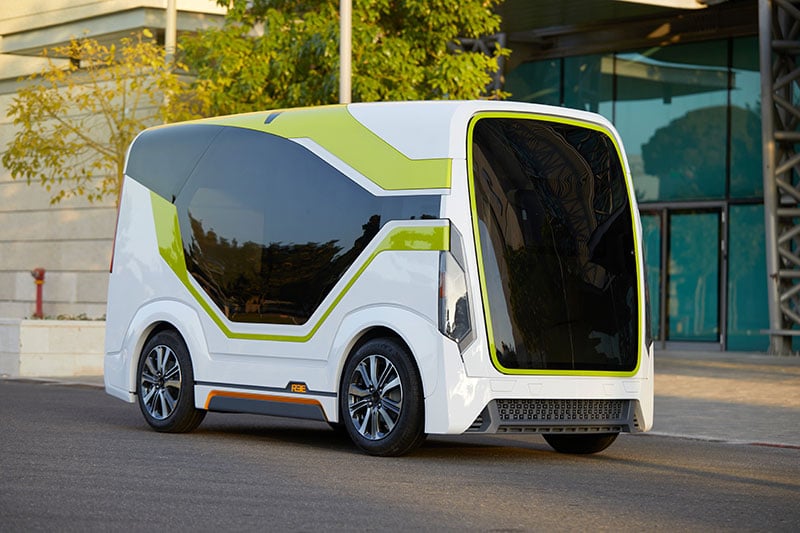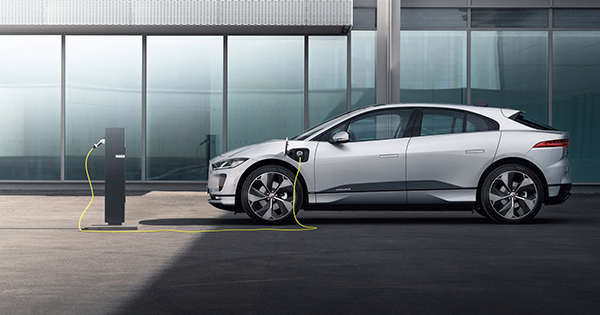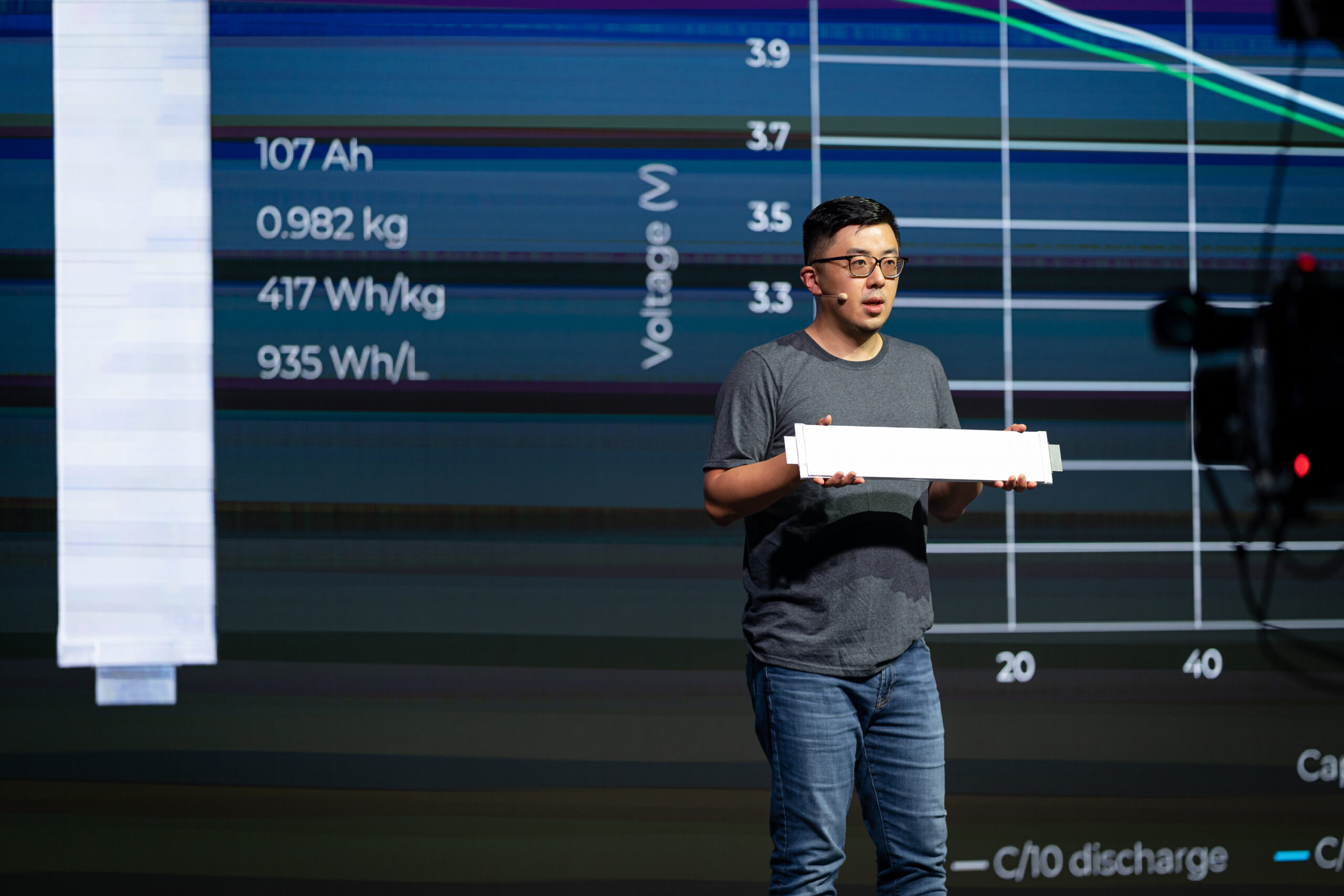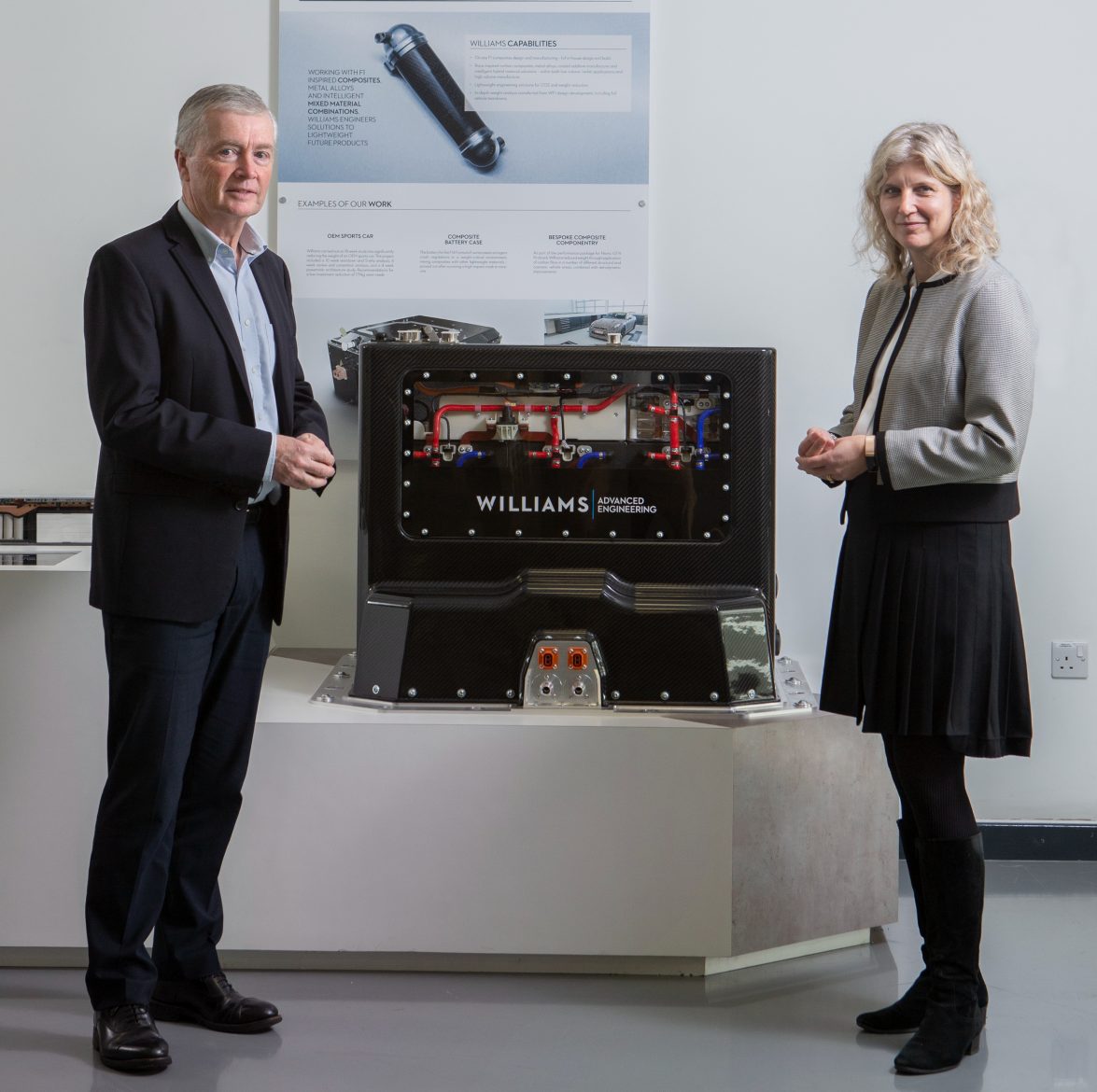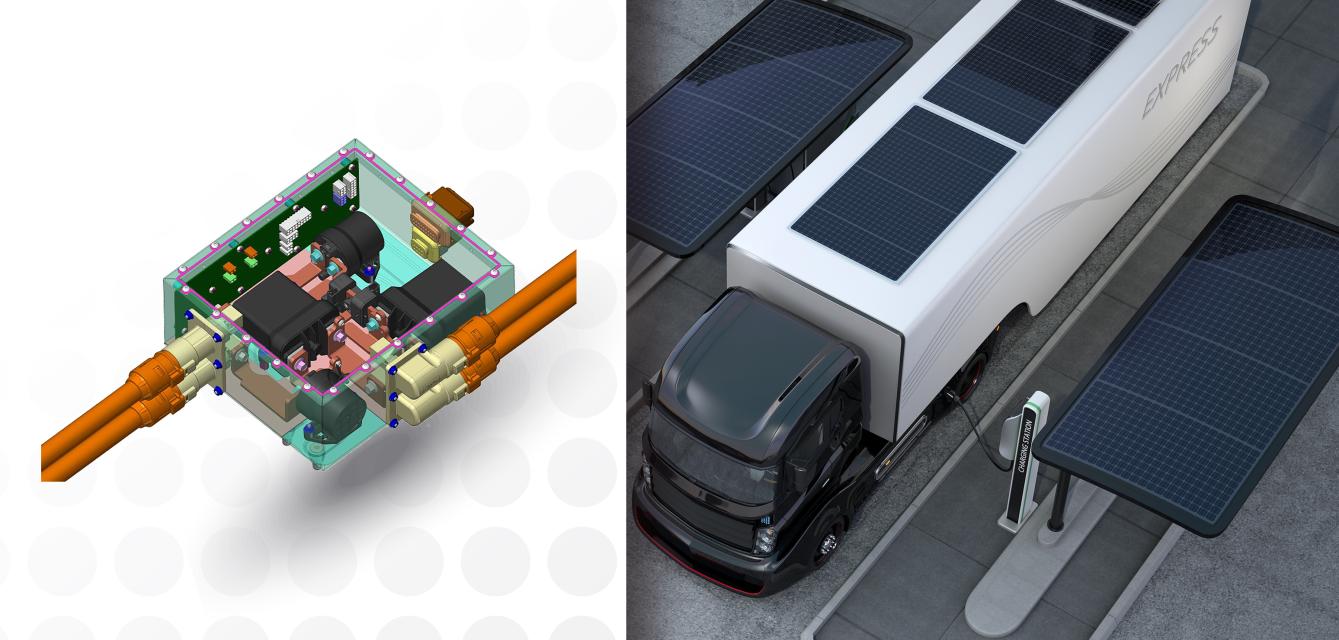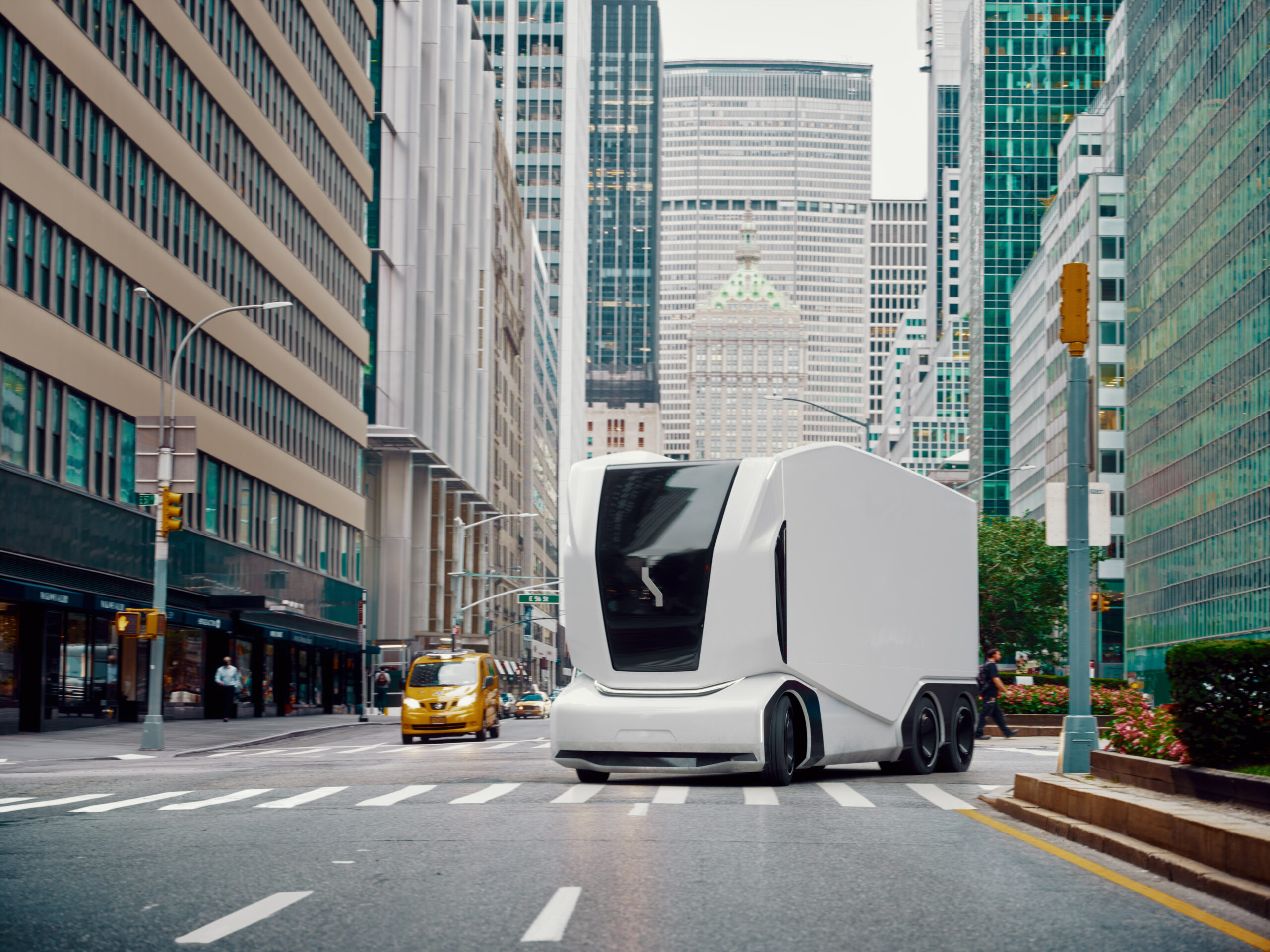BMW eDrive Zones Now Available in 138 European Cities
- Innovative eDrive Zones for local emission-free driving available in 20 new cities +++ Around three million kilometers driven electrically instead of “fossil” in three months +++ Plug-in hybrids make sense for many real-world customer driving profiles
The BMW Group is introducing its innovative eDrive Zones in another 20 European cities, including Copenhagen, Verona and Toulouse. This means that a total of 138 cities in Europe are now benefiting from this trailblazing technology. The service is expected to be rolled out in at least another 30 cities worldwide in the coming year.
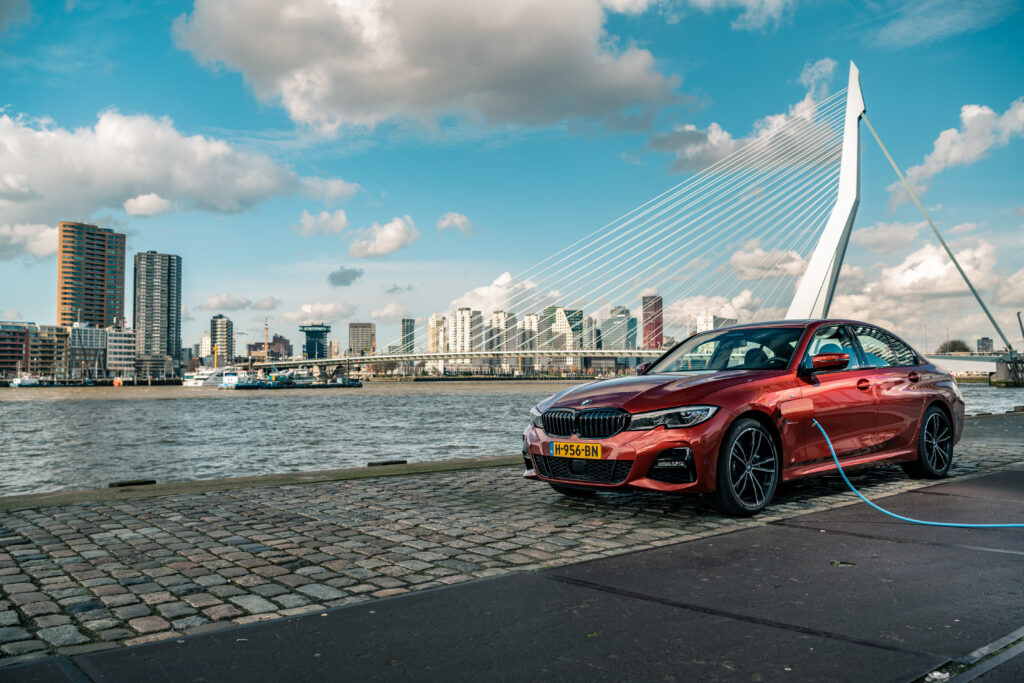
In an eDrive Zone, BMW plug-in hybrid vehicles automatically switch to all-electric driving mode upon entering inner city areas. Then, the plug-in hybrid models drive locally emission-free – just like purely electric vehicles – and with low fuel costs, as electric motors are much more efficient than combustion engines for driving in city traffic. The vehicle recognises the designated areas using geofencing technology and GPS. The automated eDrive feature is available as standard in many existing and all future BMW plug-in hybrids. Drivers are rewarded with bonus points for each all-electric kilometre driven – and with double points in an eDrive Zone – which they can redeem for charging credit. In turn, drivers also collect bonus points while charging their vehicle.
The 20 latest cities to be added are: Aberdeen, Bregenz, Brescia, Bristol, Cambridge, Cardiff, Copenhagen, Cork, Coventry, Florence, Klagenfurt, Lille, Matosinhos, Naples, Oeiras, Oxford, Sheffield, St. Pölten, Toulouse and Verona.
More Quality of Life in Inner Cities Thanks to eDrive Zones.
BMW eDrive Zones and the loyalty program for charging credit are a success story – for inner city emissions levels and for drivers. An overview of the usage data shows:
- The eDrive Zones ensure higher electric driving shares by putting a BMW Plug-In Hybrid vehicle into electric driving mode around 30,000 times per day in Europe.
- More than 75% of all trips in an eDrive Zone are completed in electric driving mode already today. Of these, around 40 percent of drivers already enter the designated areas using the electric mode. Meanwhile, an additional 35 percent switch to electric driving mode using the eZone function.
- In the last quarter alone, BMW plug-in hybrid models drove an additional 3.3 million kilometers in electric driving mode within eDrive Zones. That is equivalent to more than 80 trips around the equator – electrically instead of previously using the combustion engine.
- BMW Plug-In Hybrid customers have collected around 150 million points since the introduction of the first eDrive Zones in summer 2020, which they can redeem as charging credit. These are equivalent to around 2.9 gigawatt hours of charging power. A BMW 3 Series Plug-In Hybrid can be charged almost 250,000 times from this amount.
Plug-in Hybrids as Important Technology to Meet the BMW Group Fleet Target of 50% Less CO2 Emissions per Kilometre by 2030
As electric mobility gathers pace, the BMW Group has consciously opted for fully electric models and plug-in hybrid technology. The company offers a total of 17 plug-in hybrid models in 95 markets worldwide. eDrive Zones will now enable the potential of this technology to be leveraged even further: if the plug-in hybrid vehicle is charged regularly, daily distances in particular can be covered locally emission-free. This includes millions of daily commutes in Europe, for example. In urban centres with high volumes of traffic, plug-in hybrids make an important contribution towards reducing CO2. Using this technology also cuts pollution and noise and thus improves the quality of life in cities. Over their entire life cycle, BMW plug-in hybrids have a demonstrably lower CO2 impact than conventionally powered models, even when charged with EU normal electricity instead of green electricity.
BMW Plug-in Hybrid Vehicles Have Long Offered Considerable Benefits as Compared to Those with Traditional Drives
- Improved quality of life: In electric driving mode, users contribute to the reduction of emissions and traffic noise in cities.
- Money saved: Electrically powered driving in the city costs less than running a car on petrol or diesel if the vehicle is charged at home or at work.
- Always the right temperature when you get in: Auxiliary heating and air conditioning are standard features.
- Brake and win: The battery is charged when slowing down. In conventional cars, this simply generates heat and wears down the brakes.
- The best of both worlds: Plug-in-hybrid cars offer electrical driving pleasure in town and classic BMW driving pleasure over long distances. This means that they can cover a very wide range of applications and are ideal for e.g. single-car households.
- Future-proof: Since plug-in hybrids are able to run without emissions, they enjoy privileges similar to those of all-electric vehicles, e.g. when parking in various cities.
Consistent Advancement of BMW Plug-in Hybrid Technology
The market launch of the new BMW 2 Series Active Tourer next year marks the start of a broad roll-out of fifth-generation BMW plug-in hybrids. It uses state-of-the-art components of the latest BMW Gen5 technology, such as the highly integrated e-drive unit, in which the e-machine, transmission and power electronics are compactly combined in a single body. This brings additional significant increases in terms of efficiency and dynamics.
Positive Overall CO2 Balance for BMW Plug-in Hybrids
Sometimes the “real” life cycle assessment of plug-in hybrid vehicles is questioned, especially in markets with a low share of green electricity in the public grid. For BMW plug-in-hybrid models, the BMW Group has had CO2 certificates drawn up for the entire cycle from raw material procurement, supply chain, production and use phase to recycling.
When charging with European average electricity during the use phase, the BMW plug-in-hybrid models show substantial CO2 savings compared to their conventionally driven counterparts. The BMW Group does not launch an electrified vehicle without proof of this kind.
List of Cities with BMW Edrive Zones as of November 2021
The benefits of the digital BMW eDrive Zone service can be experienced in a large number of major European cities. The list will be expanded in the future to include additional countries and cities, so that the electric driving shares of plug-in hybrid models can be increased further in a steadily growing number of city areas. In Germany, many of the eDrive Zones are identical to the so-called “Umweltzonen”.
Currently, eDrive Zones are available in the following cities: Aachen, Aberdeen, Amsterdam, Antwerp, Augsburg, Balingen, Barcelona, Basel, Bath, Belfast, Bergen, Berlin, Bern, Birmingham, Bonn, Bordeaux, Braga, Breda, Bregenz, Bremen, Brescia, Bristol, Bruges, Brussels, Cambridge, Cardiff, Charleroi, Copenhagen, Cork, Coventry, Darmstadt, Den Haag, Dinslaken, Dublin, Düsseldorf, Edinburgh, Eindhoven, Erfurt, Eschweiler, Firenze, Frankfurt am Main, Freiburg im Breisgau, Geneva, Ghent, Glasgow, Gothenburg, Graz, Groningen, Hagen, Halle (Saale), Hannover, Hasselt, Heidelberg, Heidenheim an der Brenz, Heilbronn, Herrenberg, Ilsfeld, Innsbruck, Karlsruhe, Klagenfurt, Köln, Krefeld, Langenfeld (Rheinland), Leipzig, Leonberg, Leuven, Liège, Lille, Limburg an der Lahn, Limerick, Linz, Lissabon, Liverpool, London, Ludwigsburg, Luxembourg, Luzern, Lyon, Madrid, Magdeburg, Mainz, Malmö, Manchester, Mannheim, Marburg, Marseille, Matosinhos, Milano, Mönchengladbach, Mons, Mühlacker, München, Münster, Namur, Napoli, Neuss, Nürnberg, Oeiras, Offenbach am Main, Oslo, Osnabrück, Overath, Oxford, Paris, Pfinztal, Pforzheim, Porto, Regensburg, Remscheid, Reutlingen, Rome, Rotterdam, Ruhrgebiet, Salzburg, Schramberg, Schwäbisch Gmünd, Sheffield, Siegen, St.Pölten, Stavanger, Stockholm, Strasbourg, Stuttgart, Tilburg, Toulouse, Trondheim, Tübingen, Turin, Ulm, Uppsala, Urbach, Utrecht, Verona, Vienna, Wendlingen am Neckar, Wiesbaden, Wuppertal, Zurich.
This article was originally published by BMW Group.



